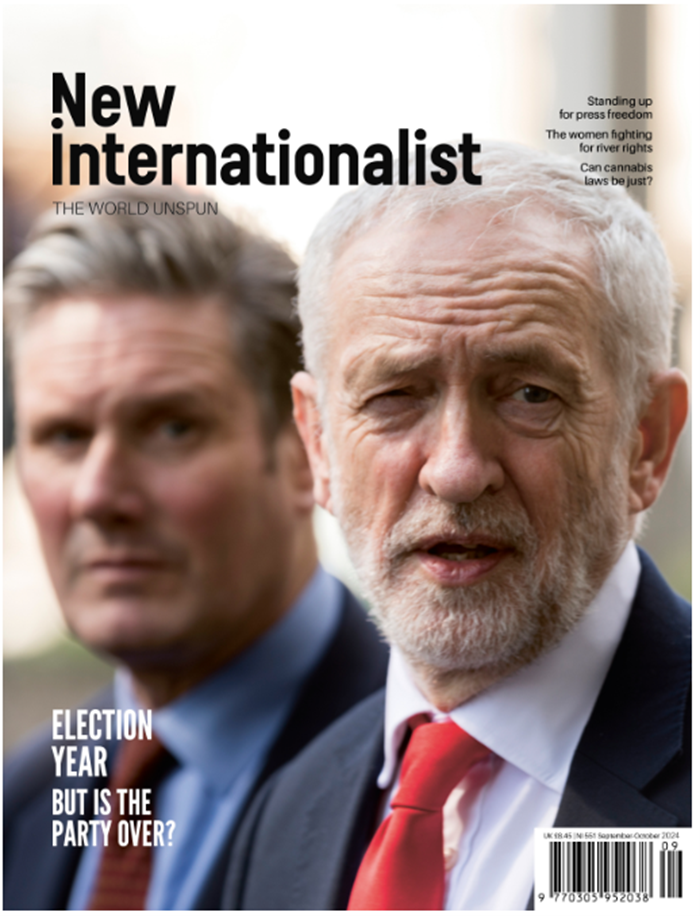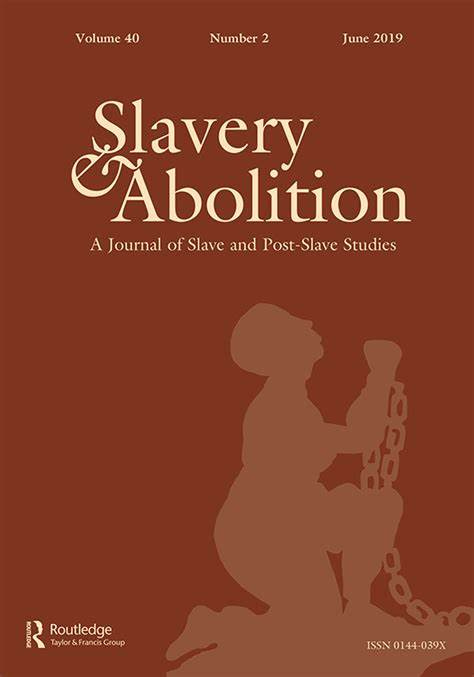First, what’s up
Why have I been quiet lately? I wrote these newsletters regularly, but then I stopped for several months. Well, I’ve been preoccupied with reorganising my working life.
I left my international development job. I liked it, and my employer, but sometimes certain topics and forms of advocacy stop being compelling. It can feel awkward working in what many in the West see as a “New Internationalist” sector while also working on (and in) Asia – where supporting development is not a question of displaying left-liberal “values,” but of power and survival.

And I’ve taken up a Visiting Fellowship at the ISEAS-Yusof Ishak Institute in Singapore. My work is still at an early stage, so I won’t commit to specific arguments here, but I will share my first two essays – out of a total of 6 that I’ve committed to write – for the ISEAS blog, Fulcrum. (I’ll write two bigger papers too.)
The first of these essays looks at a recent minor state by-election in Penang to analyse how the Pan-Malaysian Islamic Party (PAS) uses such small moments to prosecute its argument that non-Malays and non-Muslims are not true citizens of Malaysia (despite wanting to recruit them into the party at the same time). And the second looks at another minor state by-election in Kelantan, this time to assess how the “Madani” coalition that currently runs Malaysia can, and does, sometimes push back against this argument.
It does not push back consistently, nor does it do so strategically. That’s because it’s a coalition of frenemies in which component parties and factions are pushing in different directions, weakening its overall effectiveness and inducing its leaders to keep their political options open.
Instead, as my essays hopefully show, it generally prefers to respond to PAS on a tactical basis. Its tactics have included making the most of a video showing PAS campaigners referring to non-Muslims – and the largely Chinese Democratic Action Party – as “kafir harbi,” or unbelievers in a state of war against Islam and Muslims.
Where am I going with these essays? Well, I want to look at how PAS and its wider intellectual networks are working with ideas of citizenship, not only in every single election it runs in, big or small, but also in the wider cultural/intellectual sphere. I also want to assess the government’s response.
I’ve already written on how PAS uses history and on previous uses of the term “kafir harbi.” I’ve also pointed out (with Munira Mustaffa) that it’s not useful to try to associate PAS with violent “extremism,” i.e. because it’s not violent, and it’s a mainstream force in Malaysian society, so you can’t just “counter” it with a blog. And I’ve discussed previous, failed attempts at setting up new institutions to deal with “hate speech,” especially in light of how easy it is for elites to co-opt such institutions, and the concept of “national harmony” that advocates attach to it (along with the other chestnut, “social cohesion”).
So, I’ll be trying to pick my way through various existing ways of framing and responding to PAS. Let’s see how I go.
Chinese Indentured Labour
Historian Claire Lowrie from the University of Wollongong has an article in a special issue of Slavery and Abolition on Chinese indentured labour that she co-edited with her collaborator, Julia Martinez, also from Wollongong Uni.
In her article, Claire points out that Chinese indentured labour had not been abolished globally, or even in Southeast Asia, by the early 1920s – as Wang Gungwu previously thought. It was still going on in Malaya well into the 1930s. Focusing on the rubber industry in Kelantan, Claire shows that here, Chinese workers were still being punished for their attempts to escape indenture during the interwar years. In addition, the International Labour Organisation was aware of what was going on.
The rest of the special issue (and Claire’s other work) shows that Chinese indenture continued into the 1940s in Borneo and the 1950s in some parts of the Pacific Islands. In fact, there is no clear date marking the ultimate abolition of Chinese indenture, casting into doubt the idea that indenture was a terrible, but only transitory, feature of Chinese migration around Asia and the Pacific before decolonisation. It may even have lasted for the whole length of that phase of Chinese migration.
Speaking of abolition, here’s the slave revolt from Gillo Pontecorvo’s brilliant 1969 film Burn! (originally Queimada), about a Portuguese colony in the Caribbean. (It stars Marlon Brando as a British agent provocateur who co-opts the revolt in Britain’s interest, setting up a weak state run by a government of compradors.) The track, Abolisson, is by Ennio Morricone.



